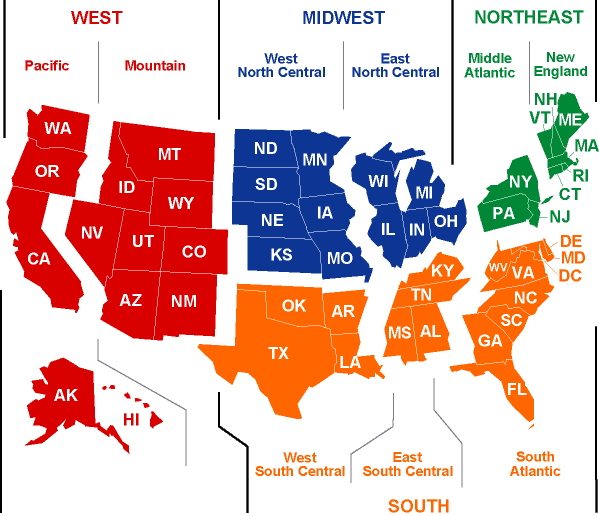The Advice They Gave That Would Have Made You Broke, And Exactly How To Avoid It And Make Huge Profits.
Last time we were looking at some rather, how should I say… ill advised forecasts that were published by Forbes.
If you think that’s bad, take a look at this next published article.

Here are the other “bounce back housing markets” Forbes predicted.
In fact, every market was SUPPOSED to have bottomed and reversed upward years ago – in 2007 or 2008 (except Las Vegas which they gave until early 2009).
The date in the pink boxes is when Forbes said each market would bottom.
The reality is NONE of them bottomed when Forbes predicted.
They didn’t get a single, solitary market right just in terms of when it would bottom… I’m not saying they got it a ‘little’ wrong – I’m saying, they’re on another planet wrong — and it got worse…. Three YEARS later – they still had not gotten it right.
Wouldn’t flipping a coin produce more accurate results?
Heads, it’ll bottom, tails it won’t? At least, you’d have been right half the time, not dead wrong across the board – on every prediction.
The amounts shown in green are the appreciation Forbes projected would have occurred, after each market bottomed.
The red numbers show the actual LOSS each city realized, starting from when it was supposed to have bottomed.
Tampa, FL
S.T.A.R. Indicators
2004 – 2008

They also went 0 for 17 on the ‘appreciation’ side of their prediction, because none of their so called hot markets appreciated at all in 2007, or 2008, or 2009 and only a couple broke into positive territory in late 2010.
If you invested at the so-called Forbes bottom, based on this article, – for ANY of these markets – you would have been hopelessly in the red and bleeding more red ink every month.
Forbes relied on Fundamental Analysis to make these predictions… in particular, they used:
- Vacancy Rates
- % of investor owned houses
- Local Job market
- Affordability
- Net Migration
That’s the main reason they missed it by so much – they were doomed from the start…
Fundamental Analysis can’t, won’t and will never predict real estate cycles.

Let’s look at another Forbes article I got asked about. Forbes puts out a lot of these free real estate reports… and you wouldn’t believe how many people – investors – tell me Forbes is their primary source for ‘hot’ market advice.
This February 2009 article identified their 10 best markets – in their words … those “cities that are showing signs of stabilization”.
Below each city, I’ve taken the liberty of showing the loss each one experienced in the 15 months following the article – none of the markets had stabilized or seen any appreciation… each continued in the red – losing value.
Here’s another quick example – of free expert advice.

This is from a website that focuses on predicting real estate markets. There are lots of sites like this – they write attention-getting headlines, submit endless press releases, then get picked up and quoted by the media. It generates lots of web traffic.
Don’t confuse that business model with one designed to provide professional real estate information; they’re two different animals.
In March of 2008 – this site predicted which cities would have the highest appreciation for the remaining 10 months of that year.
Surprise, surprise… All 25 markets did worse than projected; many of their ‘Top 25’ picks actually finished in the bottom half of ALL U.S. markets for the year. They were amongst the worst performing cities, not best.
You can see the actual decline – in red – compared to the projected INCREASE they were calling for… and remember this was only a partial year prediction…
The problem with these sites – free or paid – is that if they use ANY system at all, it’s trying to combine median home price data with Fundamental analysis… combining two wrongs don’t make a right!
To see the exact system I am personally using to get this right, and get it right all the time – Click Here Now And I’ll Show You…





















